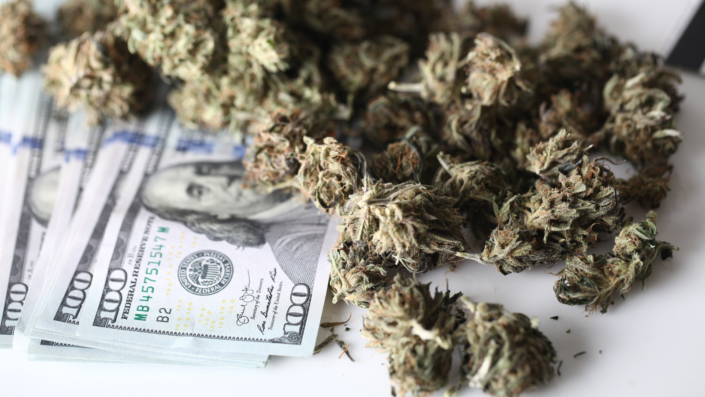
Depreciation Allowed for Cannabis and CBD Companies
This CannaBlog is an update to our previously published article, Depreciation Allowed for Cannabis and CBD Companies on 2020 Tax Returns. If you work in the cannabis sector, you’re probably more familiar than you’d like to be with taxes for cannabis businesses. Most likely, you know about how the application of Internal Revenue Code Section 280E for growers and other professionals can put a severe dent in your profitability.
Is relief in sight? Unfortunately, a recent court case suggests not. Here’s where the rules concerning cannabis taxes currently stand and what you might—or might not—be able to do to reduce your tax liability.
Taxes for Cannabis Businesses: The Current Legal Landscape
As you’re likely aware, Section 280E of the Internal Revenue tax code stipulates that cannabis businesses may not make use of the normal depreciation taxes available to most businesses. That’s because cannabis is still classified as a controlled substance under federal law. As such, the cost of goods sold (COGS) for cannabis and cannabis-related business expenses cannot be deducted. In general, the only such deductions allowed in cannabis accounting are items of equipment used in safe storage and packaging.
Fortunately for CBD-only companies, the passage of the 2018 Farm Bill legalizing hemp allows them to take the standard deductions available to most other companies. And there’s a silver lining when it comes to 280E for growers and extractors of cannabis products. Much of their depreciable assets—such as cultivators and processors—are considered necessary to produce inventory for these ventures. Thus, depreciation is regarded as a part of COGS and allowed.
But for standard cannabis dispensaries, many—if not most—inventory items fall under 280E. The depreciation of leasehold improvements, cash registers, and other assets such as display cases and monitors would be considered selling expenses. As for selling expenses that are not part of inventoriable costs, those normal depreciation expenses can’t be deducted. That said, it could be reasonable to argue that depreciation from assets used to secure inventory—safes, vaults, and the like—could be counted among inventoriable costs.
That’s one reason we counsel our cannabis clients to keep exceptionally clean and precise records of all their business expenses. If Code 280E is in effect, it’s on cannabis businesses to back up their data regularly and ensures that more than one person in the organization has knowledge of and access to financial information. Finally, we always advise our clients to use the best cannabis accounting software they can afford. Using a platform tailored specifically to the industry helps them keep accurate records and effortlessly, quickly, and painlessly share information with the IRS.
Bridge West CPAs & Advisors to the Cannabis Industry: Expert Advice on Cannabis Taxes and 280E
At Bridge West CPAs & Advisors, we are dedicated to helping cannabis businesses reduce their taxes. If you’re seeking guidance on how to reduce your tax exposure, we invite you to call us. Now into our second decade of helping cannabis entrepreneurs mitigate 280E while complying with state and IRS audits, Bridge West CPAs stand ready to help get you on the road to success.
Do you have further questions about cannabis taxes and 208E? Don’t hesitate to contact Cory Parnell or reach out to schedule a complimentary consultation; we’re here to help.